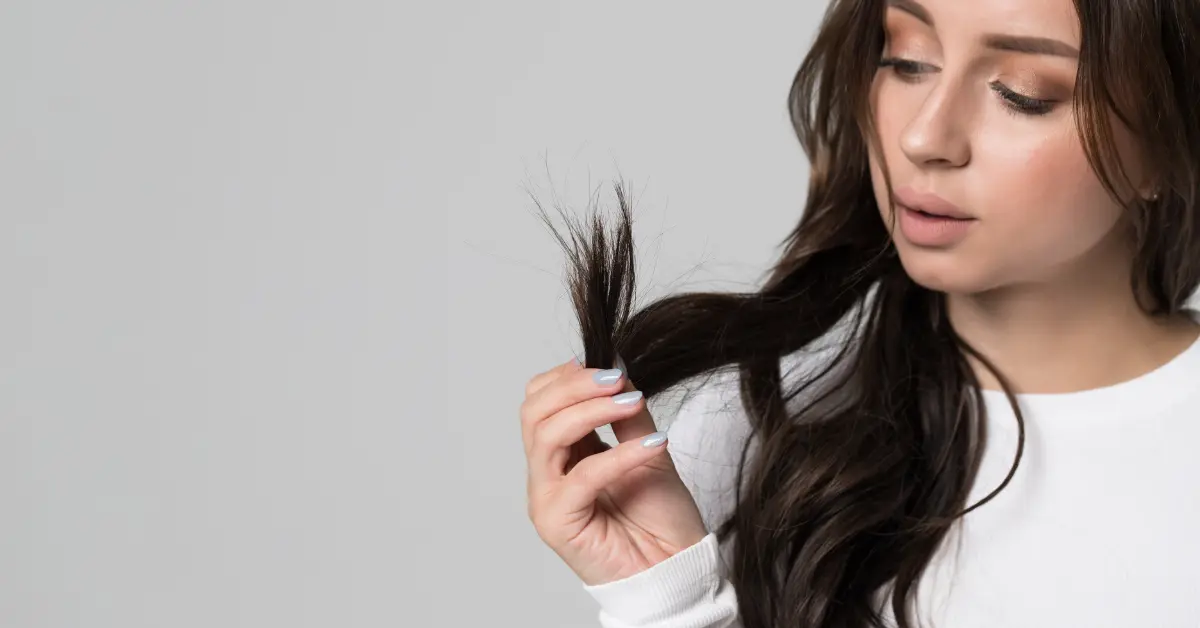Minoxidil DHT Connection: Revealing the Truth
Are you worried about losing hair and looking for a way to stop it?
Wondering if Minoxidil directly blocks DHT production?
Well, you have come to the right place. This article will draw a clear understanding between Minoxidil DHT.
Dihydrotestosterone (DHT) is the hormone responsible for hair thinning, and Minoxidil is a drug approved by the Food and Drug Administration (FDA) for hair restoration.
Let’s explore science and find the answers you’ve been seeking.
What is DHT
Dihydrotestosterone (DHT) is predominantly a male hormone that develops sexual characteristics.
Females also tend to have this natural hormone, but lower than men.
DHT is produced when Testosterone combines with 5-alpha reductase enzymes.
This hormone attaches to the Androgen Receptors (AR) on hair shafts. ARs are a type of protein that binds androgens (male hormones).
As a result, the follicles get smaller, and the growth phase of the hair cycle gets shorter, finally stopping hair from growing.
Hair fall due to DHT affects the top and front areas of the scalp. This leads to balding, thinning, and receding hairline.
Genetic factors, hormone imbalances, and environmental and dietary choices can cause DHT-induced hair loss.
Therefore, controlling DHT levels is essential for treating and preventing hair loss.
How does Minoxidil work?

Minoxidil is a topical medication approved by FDA in 2006 for promoting hair growth.
Even though experts are unaware of the exact mechanism, they concluded that Minoxidil enhances blood flow to hair follicles by widening the blood vessels.
Due to this increased blood flow, essential nutrients and oxygen fluently reach the follicles and stimulate hair growth.
Additionally, Minoxidil enhances the follicular size and extends the hair cycle’s Anagen (growth) phase.
Doctors suggest regular application can potentially develop longer, thicker, healthier hair strands.
Does Minoxidil block DHT?

No, Minoxidil is not a DHT blocker.
Being a vasodilator, it improves the blood flow to the hair follicles by widening the blood vessels.
The medication also enriches blood circulation and may counter the adverse effects of DHT.
Minoxidil doesn’t block the activity of DHT, but it might indirectly help slow down hair loss linked with DHT.
If you want to block the action of DHT, you have to enhance the effectiveness of Minoxidil by combining it with a DHT blocker.
This combination treatment might be effective for both genders.
Conclusion
Minoxidil does not directly block DHT but plays its part in promoting hair growth.
It improves blood flow to the hair follicles, delivers nutrients and oxygen, and potentially counters DHT’s negative effects.
This FDA-approved medication can slow down DHT-related hair loss but does not block its activity.
Your doctor might suggest using Minoxidil with other DHT blockers to enhance its working potential.
Minoxidil might help treat hair fall, but it is not a cure.
Frequently Asked Questions
Does Minoxidil increase DHT?
Using Minoxidil will not make you produce more DHT. The creation of DHT is not related to its mechanism of action. Independent of DHT modulation, the primary mechanism by which Minoxidil stimulates hair growth is via increasing blood supply to hair follicles.
Can DHT thicken hair?
No, Dihydrotestosterone (DHT) usually makes hair thinner, not thicker. Hair thinning and hair follicle shrinking due to high levels of DHT can cause hair to become finer and shorter than average.
Is it wrong to block DHT?
Inhibiting DHT can have beneficial and detrimental outcomes. DHT is important for more than just keeping your hair from falling out. You should consider the consequences and talk to a doctor before blocking DHT.
Can I stop Minoxidil after one year?
For long-term maintenance of hair growth, it is generally suggested to continue using Minoxidil as directed. The benefits of Minoxidil, which are supposed to be sustained with continued usage, may be lost gradually if use is stopped after a year.
WowRx uses only high-quality sources while writing our articles. Please read our content information policy to know more about how we keep our content reliable and trustworthy.






